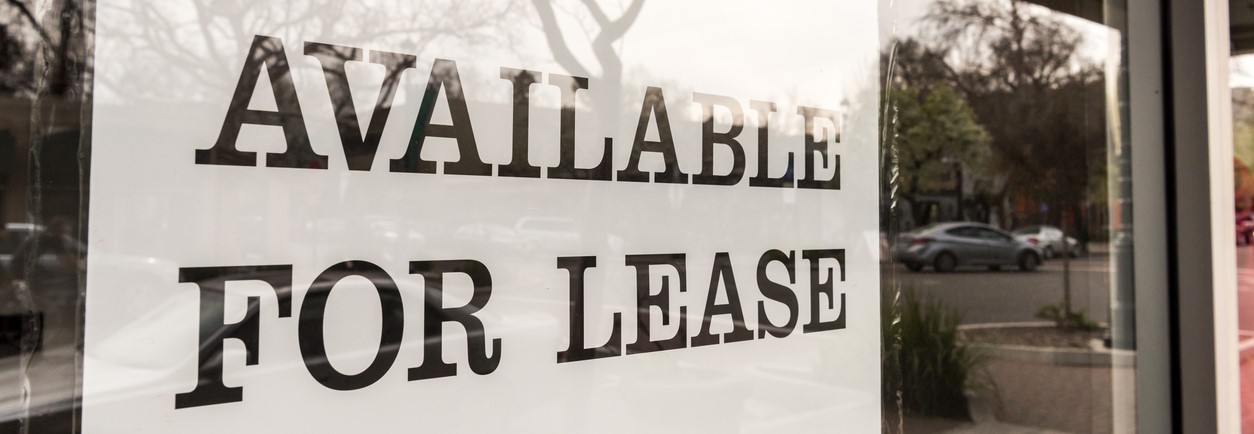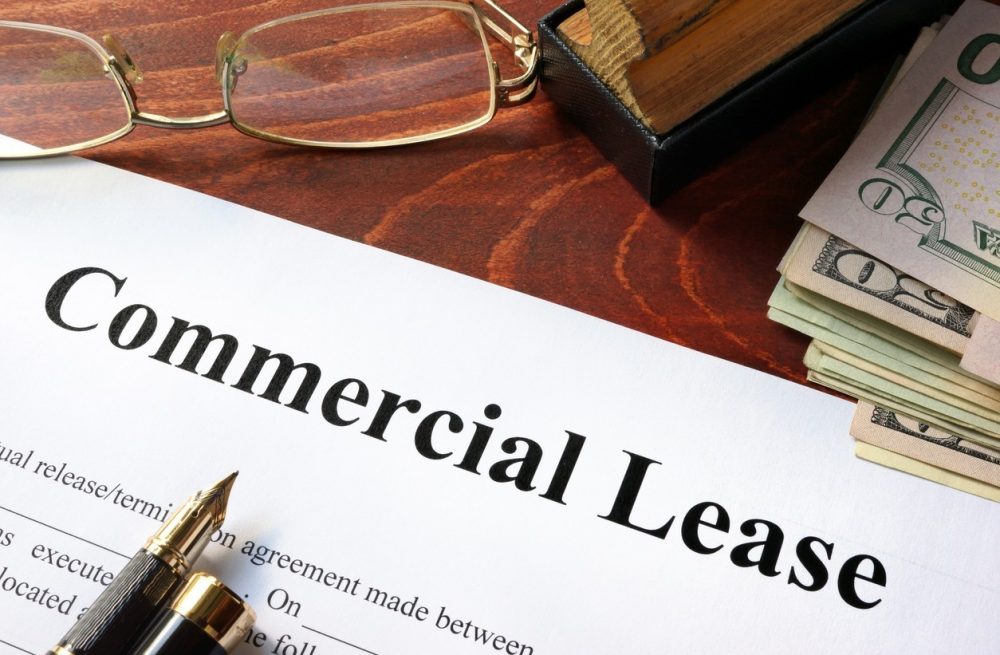Let’s explore the types of commercial lease agreements you may encounter when renting a an office, warehouse or retail location. Renting real property is unique because the landlord retains legal ownership while the tenant uses it for their own chosen purposes. Both the landlord and tenant will typically agree to the terms of lease, which is often drafted by the landlord or their representative.
Renting is not just used for residential purposes either. Commercial renting is also very common. The primary difference between the two is the tenant’s purpose in renting the property.
What are Commercial Leases?
When renting commercial real estate, the property is used for business purposes. Examples could include office spaces, warehouses, restaurants, and retail stores. This is in contrast to residential real estate, where the property is used as a dwelling or a home.
When looking to rent property, there will often be a controlling lease agreement. A commercial lease agreement lease is a contract between the parties which outlines terms such as rent payments or conditions regarding the use of the property. There are various types of commercial leases, but which one is best for you will depend on your personal circumstances and the desired arrangement. Whether you are a landlord or tenant, it is good to be familiar with each type.
Who is on the Lease? Are there any other Key Players?
The two most important parties on a lease are the landlord and tenant. The landlord is the owner of the property being rented and is therefore in charge of ensuring the safety and functionality of the premises. The tenant rents and uses the property, and is responsible for making the agreed-upon payments. Some landlords choose to involve a lease broker. A lease broker represents the landlord in determining the fair value of the property and negotiating terms of the lease with the tenant. Finally, both parties may want to consult an attorney for review of the lease or further negotiations.
Types of Commercial Lease Agreements

Gross and Full-Service Leases
A full-service lease, as the name suggests, includes an all-in-one bill for the tenant. This means the tenant is responsible for a fixed base rental payment. Within this fixed amount, some costs for property taxes, utilities, and other operational costs may be included, but those costs will not be raised, even when utilities like water and electric are used more frequently. Additionally, the tenant is responsible for only the single, fixed rent payments rather than separate bills for rent and utilizes. Gross or Full-Service leases are typical when renting office or retail buildings.
Net Leases
A net lease, on the other hand, is much more flexible. There are several types, but typically the tenant will pay a fixed base rent, and an agreed upon arrangement regarding expenses. This differs from a gross lease because they are two separate payments and therefore function differently.
There are single, double, and triple net leases. These numbers indicate how many of the operational cost the tenant is covering. For example, a single net lease consists of payment for base rent and property tax. A double net lease would consist of base rent, property tax, and property insurance. A triple net lease, then, consists of the aforementioned costs plus additional maintenance and operating fees. This is the friendliest lease to landlords, as tenants bear responsibility for the most costs. Each lease offers a different level of responsibility, and of course, varies in expenses.
Modified Gross Leases
A modified gross lease is a middle ground between full services and net leases. Here, the tenant is responsible for base rent, as well as some portion of the utilities and operating costs. This portion of costs could be negotiated between the landlord and tenant and may result in the tenant simply paying for their portion, or fair share, of said expenses. The terms of modified gross leases tend to vary significantly from contract to contract.
When searching for a commercial property, it is important to know your options. Being familiar with the types of commercial lease agreements you may encounter or participate in is just the start. If you have more questions about leases or real estate contracts, please contact Ward, Shindle & Hall.

